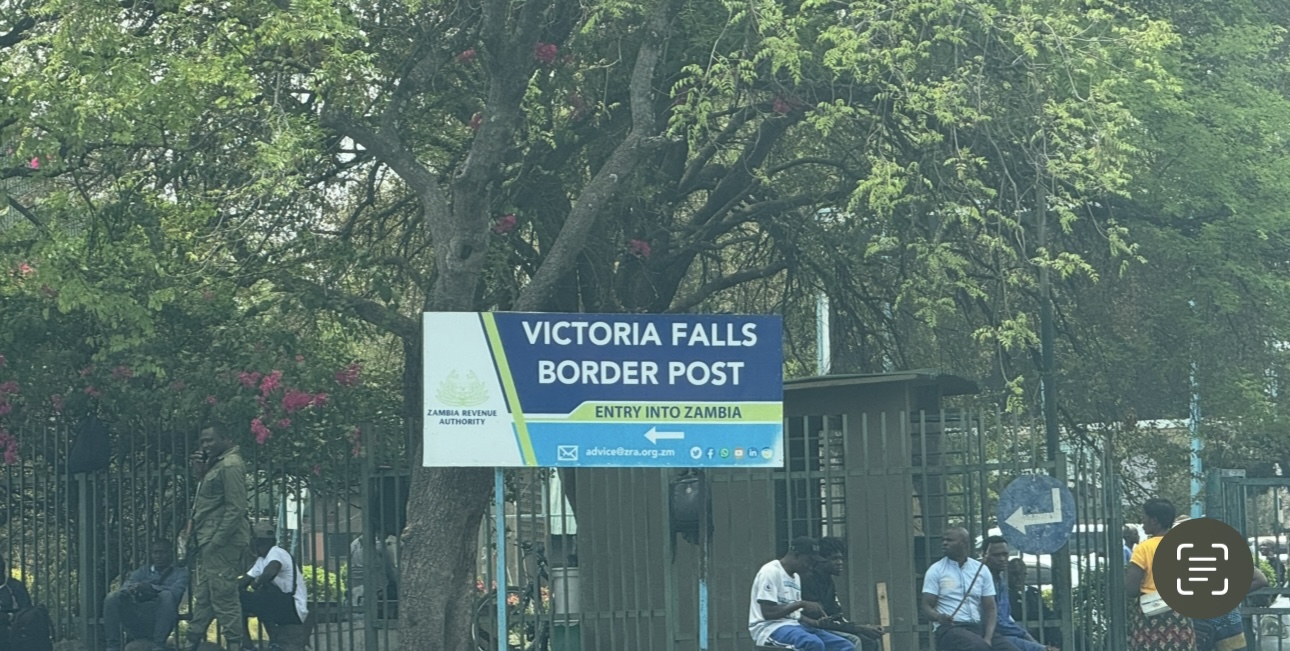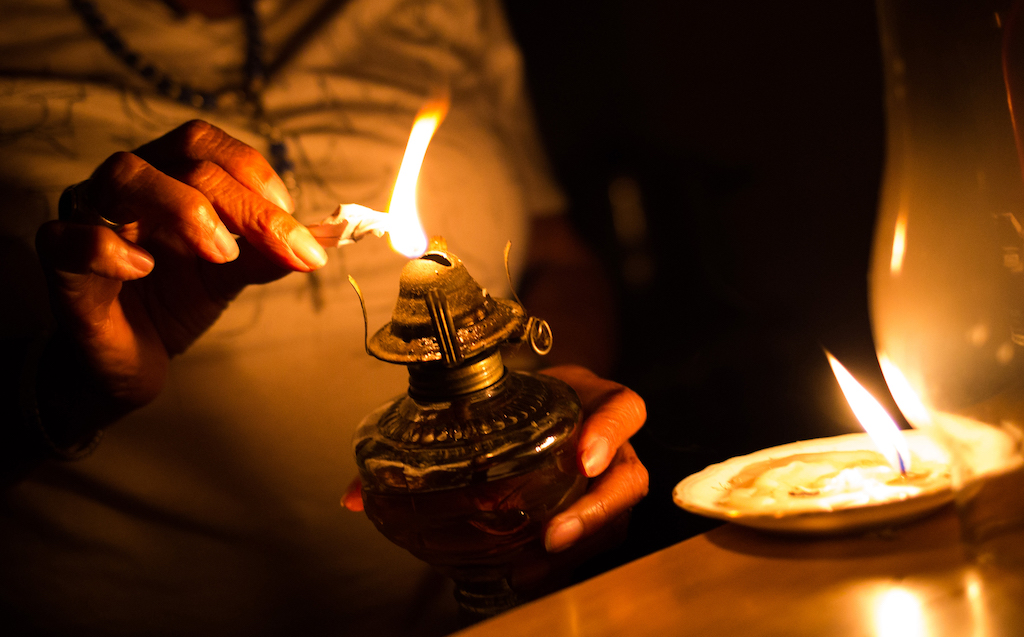BY NOKUTHABA DLAMINI
A Victoria Falls teacher has been jailed for 18 months for sexually abusing his friend’s 13 year-old daughter at a school where he was employed.
Austin Shoko (43) from Chinotimba on February 18 lured the girl to a computer lab after she sought assistance to obtain her results and fondled her breasts.
Shoko was convicted on September 9 by Victoria Falls magistrate Linda Dzvene after a lengthy trial.
Prosecutors said Shoko lured the pupil to a computer lab at Chinotimba Primary School before grabbing her from behind to fondle her breasts.
The victim pupil told the court that on the day in question she went to collect her results at the school but could not locate the receptionist.
While she was waiting by the reception area a teacher identified as Ma Lisa came in looking for the receptionist and Shoko also arrived.
He asked if the victim about her father before asking her to follow him to the lab where he could assist her to obtain the results.
Shoko pretended to be searching for the victim’s results using his phone before leaving the room.
On his return, he grabbed the victim from behind and started fondling her breasts.
The girl said she did not scream for help because she was afraid.
She told Shoko that she will inform her mother about the abuse before going to the reception area to check her results.
On her way home she met a neighbour and narrated her ordeal.
The neighbour, who was a state witness in the case, told the girl to inform her mother about the abuse and this led to Shoko’s arrest.
In his defence, Shoko claimed that he was framed by the girl’s mother to cover-up her extra-marital affair.
He said on the day in question he met the minor and she followed him as he was walking with Mai Lisa.
Shoko said he sought permission from the deputy headmaster to allow the girl to access her results before walking away.
He said the girl’s mother framed him because he was about to spill her alleged extra-marital affair with one of his friends.
But Dzvene said the fact that the minor and two other witnesses’ statements tallied during cross examination, it proved that Shoko had committed the offence even though there was no physical evidence linking him to the crime.
In mitigation, Shoko said he was a married family man.
“The court takes into account that taking the accused to jail will also be punishing those who depend on him for financial support, but what aggravates the accused’s case is that he is facing a serious offense of indecent assault,” Dzvene said.
“It is to be noted that the accused person is a teacher where the complainant was a student and also a friend to the complainant’s father.
“The complainant misled the complainant, who trusted him and violated her instead of being protective of her and the accused is a married man who out of lust and nothing else sought to abuse a child of 13 years by exposing her to sexual acts at a young age.
“It is my view that having taken into account the relationship of the accused and the complainant, the seriousness of the offense, the age disparity of the accused person, and the complainant, a custodial sentence will be appropriate.
“And the court will also be seen to have a date in the row protection of the vulnerable, of the young girl child.“
The magistrate initially sentenced Shoko to 24 months in jail before setting aside six months for five years on condition that he does not commit a similar offence.

 Slider3 years ago
Slider3 years ago
 National4 years ago
National4 years ago
 Tourism and Environment4 years ago
Tourism and Environment4 years ago
 Opinion4 years ago
Opinion4 years ago
 Special reports4 years ago
Special reports4 years ago
 National4 years ago
National4 years ago
 National3 years ago
National3 years ago
 National3 years ago
National3 years ago



